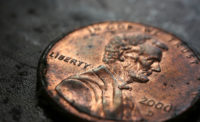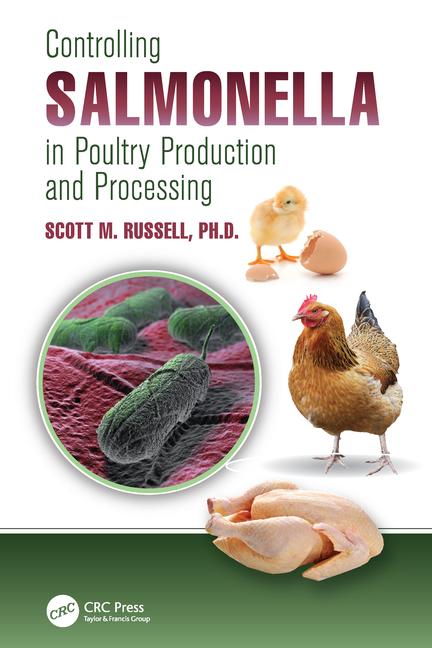Proposed Delaware poultry processing plants meets with local resistance

A proposal to turn a closed Vlasic Pickle factory into a poultry processing plant is being opposed to area residents who are wary of the potential environmental effects. The plan, from poultry processor Harim Allen, would acquire the closed Millsboro, Dela., facility and reopen it, bringing 700 jobs to the area, reports Delaware Online.
“It should be torn down and (the land should be) left as a resource as part of the bay,” said Cindy Wilton, a member of Protecting Our Indian River, a new local environmental group formed by residents who oppose the chicken facility. “Now they want to go in, bringing something more intensive than a pickle factory.”
Harim Allen, a South Korean poultry producer that acquired the assets of Allen Family Foods, is waiting on the Sussex County Board of Adjustment for a decision on the company’s application for a special zoning. The plant must be zoned for potentially hazardous use, which may include dust, odor, noise and impact on waterways, said Sussex County Director of Planning and Zoning Lawrence Lank. Lank said he has received mostly negative comments from the public, though government agencies have not opposed the project.
The area has been dealing with the effects of pollution from other plants that have operated in the area. The now-vacant Vlasic pickle plant, owned by Pinnacle Foods,left behind high levels of chromium, chloride, nitrates and carcinogens, a study submitted to the Delaware Department of Natural Resources and Environmental Control found.
“There are high levels of nitrate and phosphate levels in the ground right now, the levels are higher than permissible,” said Doug Freeman, senior manager of human resources and media relations at Harim.
Delaware designated the former factory as a Brownfields site July 11, which according to the Environmental Protection Agency means it is a property whose reuse “may be complicated by the presence or potential presence of a hazardous substance, pollutant or contaminant.”
Harim and state officials are working on remediation plans for the site. Freeman added the water will be cleaner than when they found it after remediation.
“We have to clean the water before we bring it into the facility,” he said.
Source: DelawareOnline.com
Looking for a reprint of this article?
From high-res PDFs to custom plaques, order your copy today!








